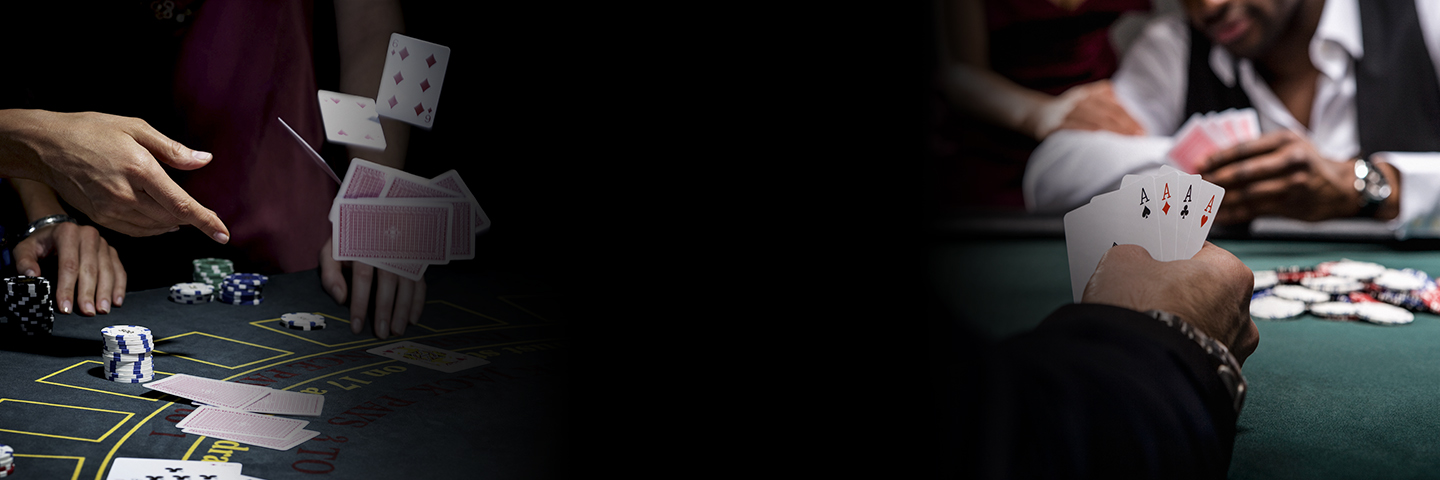
Poker is a game of chance, but it requires a lot of calculation and logic to play well. In addition, poker teaches players to make decisions in high-pressure situations when they may lack the critical information that others can rely on. This is an invaluable skill for any business owner, and it’s also beneficial in private life.
To win a pot in poker, a player must have a better hand than their opponents. They must also be able to read their opponents’ body language and understand the implications of their actions. This is an important skill to develop, as it can help you in a variety of situations, from a job interview to a romantic encounter.
The first step in becoming a better poker player is to learn the rules of the game. This includes understanding how betting intervals work and how to calculate the probability of a particular card coming up on the next street. A good place to start is by watching a few poker videos or reading articles. You should also sign up for a poker coaching program to learn from experienced coaches.
Once you have a basic understanding of the game, it’s time to put your skills to the test. Start by playing low stakes games and slowly work your way up to higher limits. This is the best way to get a feel for the game and develop your strategy. It is important to remember that it takes a long time to become a good poker player, so don’t expect to be winning big money right away.
You must be prepared to lose a lot of money at the beginning, but as you gain experience, you’ll begin to see better results. This is why it’s so important to exercise proper bankroll management and remain dedicated to your poker journey.
If you want to improve your poker play, focus on studying ONE concept each week. This will help you ingest information faster and understand it better. Too many players bounce around in their studies, jumping from video to article to book without really learning anything. Watch a Cbet video on Monday, then read an article about 3bets on Tuesday and then listen to a podcast about tilt management on Wednesday.
It is also important to avoid calling a lot of hands. This is one of the biggest mistakes that new players make. Calling means that you’re giving your opponent the opportunity to bluff, and bluffing is often much more profitable than playing your strong hands.
Another important skill that poker teaches is reading your opponents’ body language. This can be a huge advantage in any situation, from trying to sell a product to someone to making a presentation at work. Poker also teaches you to pay attention to the small things, such as how your opponent holds their hands and how they move their body when they’re excited or stressed. This can be a great indicator of whether they’re bluffing or have the nuts.